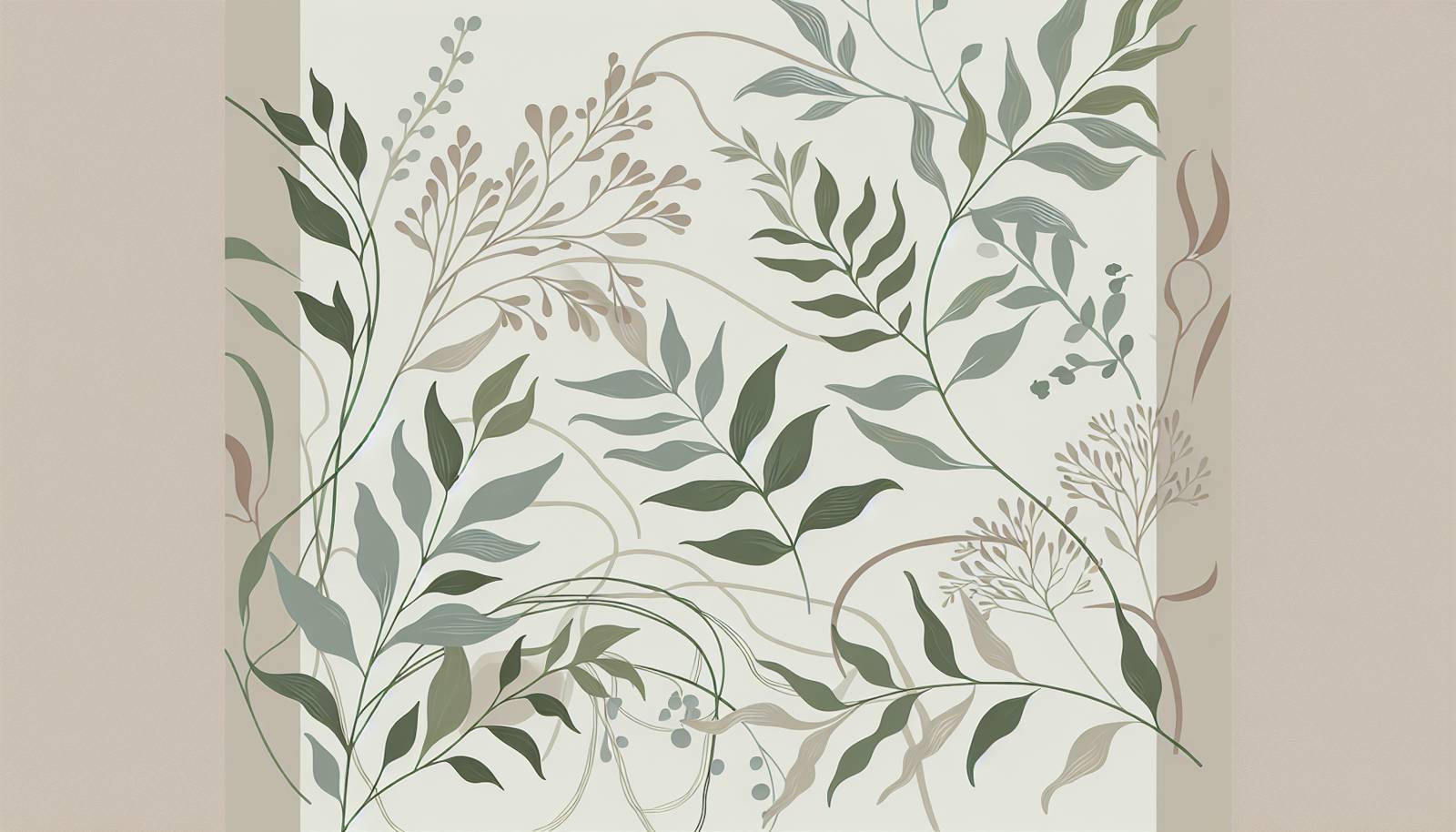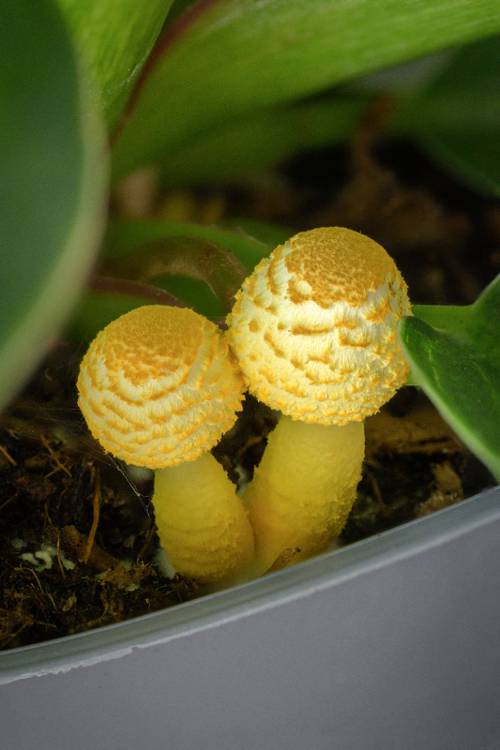
FAQ About Indoor Plant Toxicity Awareness

What are some common indoor plants that are toxic to pets?
Some common indoor plants that are toxic to pets include the Peace Lily (Spathiphyllum), Pothos (Epipremnum aureum), Philodendron, Snake Plant (Sansevieria), and Aloe Vera. These plants contain substances that can cause symptoms ranging from mild irritation to severe gastrointestinal distress in animals.

How can I tell if a plant is toxic to humans or pets?
Identifying toxic plants can be tricky, but common signs include labels on the plant, knowledge of plant species known for toxicity, and visible characteristics such as milky sap, bright berries, or a bitter taste. It's best to research or consult with a professional when unsure, especially if the plant is ingested.

What symptoms indicate plant toxicity in pets?
Symptoms of plant toxicity in pets can include vomiting, diarrhea, drooling, lethargy, and difficulty breathing. If you suspect your pet has ingested a toxic plant, seek veterinary help immediately.

Are succulents safe for pets?
Most succulents are non-toxic to pets, but some varieties, such as Jade Plants (Crassula) and Aloe Vera, can be harmful. It's important to identify the specific type of succulent and research its safety for pets.

Can indoor plant toxicity affect humans as well as pets?
Yes, indoor plant toxicity can affect humans, particularly children. Plants such as Dieffenbachia, English Ivy, and Oleander can cause symptoms ranging from skin irritation to more serious effects if ingested. Always keep toxic plants out of reach of children.

What precautions can I take to prevent accidental ingestion of toxic plants by my pet?
To prevent accidental ingestion, place toxic plants out of reach, use deterrents such as bitter sprays on plant leaves, or opt for non-toxic alternatives. Educating yourself about which plants are toxic can also help in making safer choices for your home.

Is Aloe Vera toxic to pets?
Yes, Aloe Vera is toxic to pets such as cats and dogs. Ingestion can lead to symptoms like vomiting, diarrhea, and lethargy. It's best to keep Aloe Vera plants out of reach of pets.

What should I do if my child ingests a toxic plant?
If you suspect your child has ingested a toxic plant, immediately remove any plant material from their mouth and rinse it. Contact poison control or seek medical attention promptly with information about the plant ingested if possible.

Which common plants are safe for homes with pets?
Some pet-safe plant options include Spider Plants, Boston Ferns, and Areca Palms. These plants generally do not pose a risk to pets and can be great options for homes with animals.

Do toxic indoor plants pose a risk when touched?
Some toxic plants can cause skin irritation upon contact. Plants such as Poison Ivy or Dieffenbachia can irritate or cause allergic reactions in sensitive individuals. It's advisable to wear gloves when handling these plants.

How can I make my home safe if I have toxic indoor plants?
To make your home safer, identify all toxic plants and place them in areas not accessible to children and pets. Consider using shelves or hanging baskets that are out of reach. Educate family members about the dangers of these plants as an additional precaution.

Are there any mobile apps that help identify toxic indoor plants?
Yes, there are several mobile apps available that help in identifying plants and their toxicity levels, such as PlantSnap and PictureThis. These apps can be a convenient tool for plant enthusiasts and pet owners alike.

What should I do if my pet shows signs of plant poisoning?
If your pet shows signs of poisoning, such as vomiting or lethargy, remove access to the plant, retain a sample of the plant, and contact your veterinarian or an emergency animal hospital immediately. Time is crucial in these situations.

Can plant toxicity be fatal to pets?
While many cases of plant toxicity involve mild symptoms, some plants can be life-threatening if ingested by pets. It's important to identify and remove particularly dangerous plants, such as Oleander or Sago Palm, from pet-accessible areas.

Is the Peace Lily harmful to cats and dogs?
Yes, the Peace Lily is harmful to cats and dogs. It contains calcium oxalate crystals, which can cause irritation of the mouth, difficulty swallowing, and vomiting in pets.

How do I treat skin irritation caused by a toxic plant?
For skin irritation caused by contact with a toxic plant, wash the area thoroughly with soap and water, apply a soothing lotion or antihistamine cream, and avoid scratching the affected area. If symptoms persist, seek medical advice.

Are indoor plants more dangerous to pets or children?
The level of danger depends on the specific plant and circumstances. Pets are more likely to chew on or ingest plants, increasing their risk. However, curious children may also come into contact with or ingest small portions of plants, which can be equally dangerous.

Can cooking or boiling a toxic plant make it safe?
No, cooking or boiling does not necessarily eliminate the toxicity of a plant. Some toxic compounds may persist despite heat treatment, so it's crucial to avoid consuming plants known to be toxic.

What is the best resource for learning more about toxic indoor plants?
Reliable resources include websites of veterinary associations, poison control centers, and academic botany departments. Books on houseplants and their care, and mobile identification apps can also provide valuable information.

How quickly do symptoms appear after ingesting a toxic plant?
Symptoms can appear within minutes to a few hours after ingestion, depending on the type of plant and the amount ingested. Immediate attention is strongly advised if plant poisoning is suspected.
